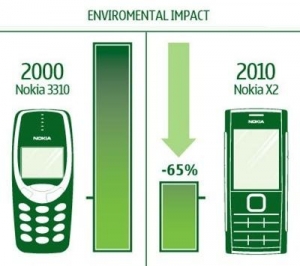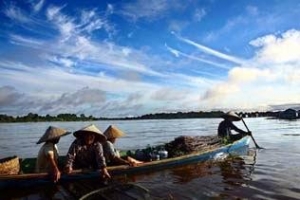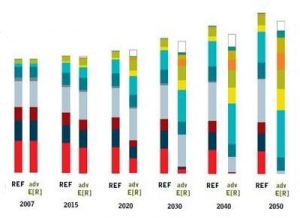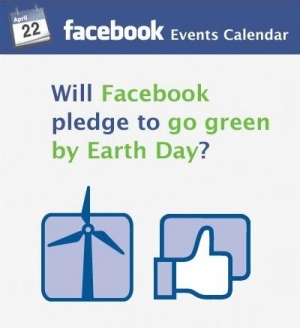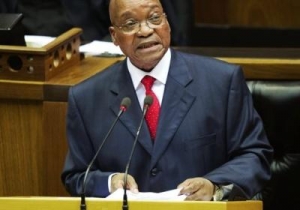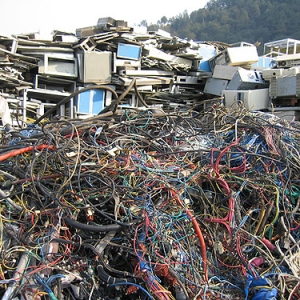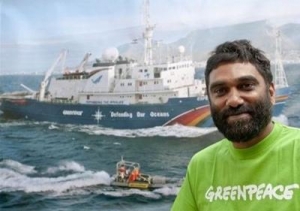“The current response to our climate crisis in nothing but incremental tinkering. Rearranging the deckchairs. Those in power are doing system maintenance and re-arranging instead of redesigning them. Our current system is fundamentally broken, but our leaders are suffering from what’s called ‘cognitive dissonance’ – all the facts are there, but those in power block them out.”
EU energy ministers should be preparing for ever more renewable power in their discussion of long-term energy plans at an informal meeting, which started in Denmark yesterday and is continuing today, Greenpeace said.
Greenpeace has launched 'Shadowlands', a presentation of haunting photographs depicting the impacts of the Fukushima nuclear disaster, the plight of people displaced by the crisis, and a warning to others that a serious nuclear accident can happen everywhere there are reactors.
Greenpeace Brazil’s Amazon Campaign Director Paulo Adario was recently honoured by the United Nations as a 'Forest Hero' at a ceremony in New York in celebration of his work in defense of the Amazon Rainforest.
Greenpeace announced in Brussels recently that annual industry figures to be released early next week are expected to confirm the commercial failure of genetically modified (GM) food in Europe.
COP17: The Cambridge Programme for Sustainability Leadership (CPSL) is running a series of high-level briefings at their Oasis of Fresh Thinking with people who will be commenting on the negotiations as they unfold and giving a business perspective on the leadership challenges for businesses in the sustainability arena.
Proudly African human rights activist, Kumi Naidoo, has taken over as the Greenpeace International Executive Director. Dr Kumi Naidoo is well known for his extensive human rights activism as well as his work in civil society.
The End of the Line, the first major documentary film revealing the impact of overfishing on our oceans, had its world premiere at the Sundance Film Festival in January this year.
Greenpeace Africa€™s quirky new renewable energy campaign, Use Me More, is a plea from the South African sun and wind to be used more as renewable energy sources. Instead of letting them blow away dandelions and give us a tan, we€™d like them to power our country!
Greenpeace has identified our national energy supplier's addiction and named it coal. How do we get them to rehab? Greenpeace found it suitable to nudge them towards the sober path by dumping five tons of coal on their headquarters€™ doorstep.
South Africa can create around 150 000 new jobs in the energy sector in the next 20 years, and at the same time safeguard against catastrophic climate change - according to Greenpeace's new 'Advanced Energy [R]evolution' report.
Earlier on this year, we reported on the news by Greenpeace in which they had declared cell phone company Nokia as the greenest in the world of cellular technology.
The palm oil arm of Sinar Mas, Golden Agri-Resources, has announced a plan to halt the destruction of Indonesia€™s forests which was previously caused by their operations.
Greenpeace energy campaigner Louise Hutchins said: 'Governments confronted by soaring energy prices and nuclear risks are right to revise their energy plans. Europe can rapidly replace scores of reactors with safe, clean renewable power and energy efficiency without the need for a dash to coal. Stepping up Europe€™s 2020 climate target to 30 percent would further boost a competitive renewable industry and drive the creation of tens of thousands of much-needed European jobs.€
Since Greenpeace started their campaign in February 2010, over 600,000 supporters have called on Facebook to unfriend coal and embrace renewables to power their massive data centres.
In September, Kumin Naidoo, executive director of Greenpeace International sent Facebook founder Mark Zuckerberg a formal letter (to which Facebook responded in the comments). They have also been present on their 'Green on Facebook' page, making sure that they don€™t ignore their responsibility.
Although President Jacob Zuma's State of the Nation Address rightly focussed on the urgent need for job creation and energy security in South Africa, he failed to see how renewable energy has an important role to play in fulfilling both goals.
Greenpeace regrets that Zuma's only comment on reducing our energy footprint was that South Africans should "turn off their geysers" and other appliances when not in use.
This positive decision came after a report by Greenpeace, which indicated that funds from the international Finance Corporation (IFC), the private lending arm of the World Bank, were contributing to one of the biggest causes of climate change by enabling Bertin to further expand into the Amazon region. The bank withdrew a USD 90 million loan.
Greenpeace greener electronic ranking has shown how actions speak louder than words for the electronics industry as Philips and HP introduce new transformative products, but Toshiba and Microsoft fail to act on promises
The latest edition of the Greenpeace Guide to Greener Electronics (www.greenpeace.org/electronics) shows significant separation between companies that are failing to keep their environmental commitments and those that are making significant gains in phasing out toxic chemicals, increasing energy efficiency, and making it easier for consumers to recycle older products.
The International Executive Director of Greenpeace, the South African Kumi Naidoo, has been arrested and is being flown to Greenland after breaching an exclusion zone and scaling a controversial Arctic oil rig 120km out to sea.
Kumi Naidoo, the global head of Greenpeace, has been deported from Greenland after four days in jail for his part in a month of direct action on Cairn Energy's Arctic oil rig Leiv Eiriksson.


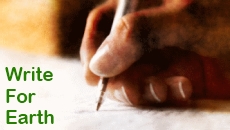


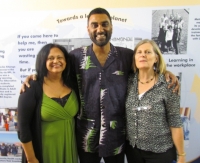
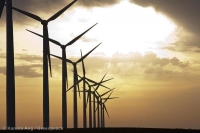
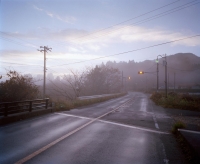
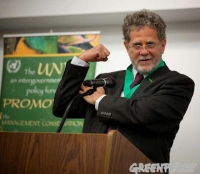
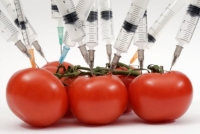
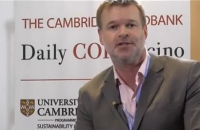
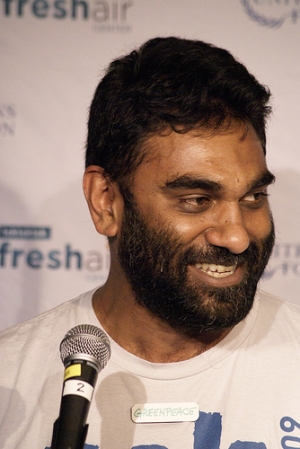

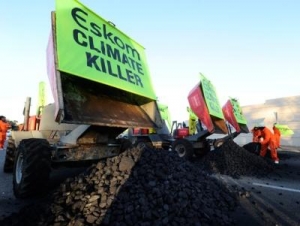
![The Advanced Energy [R]evolution](../../../../../media/k2/items/cache/a786836489dab4f04d53706ec376ba50_Generic.jpg)
